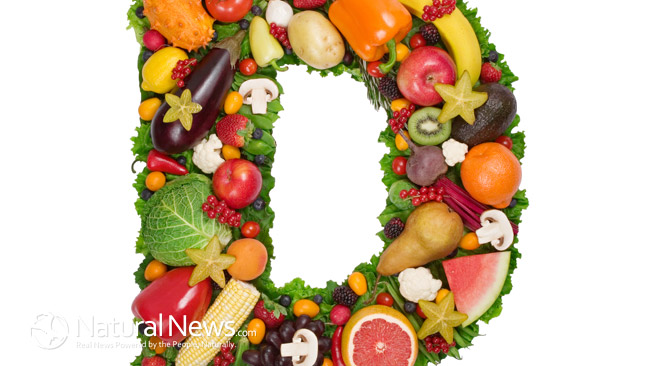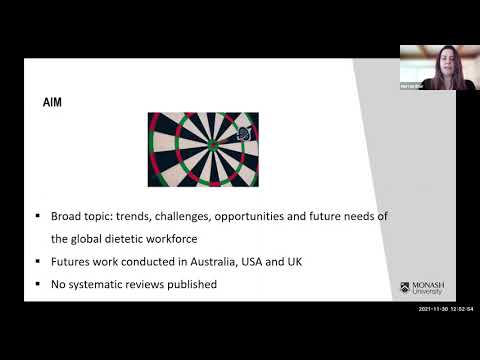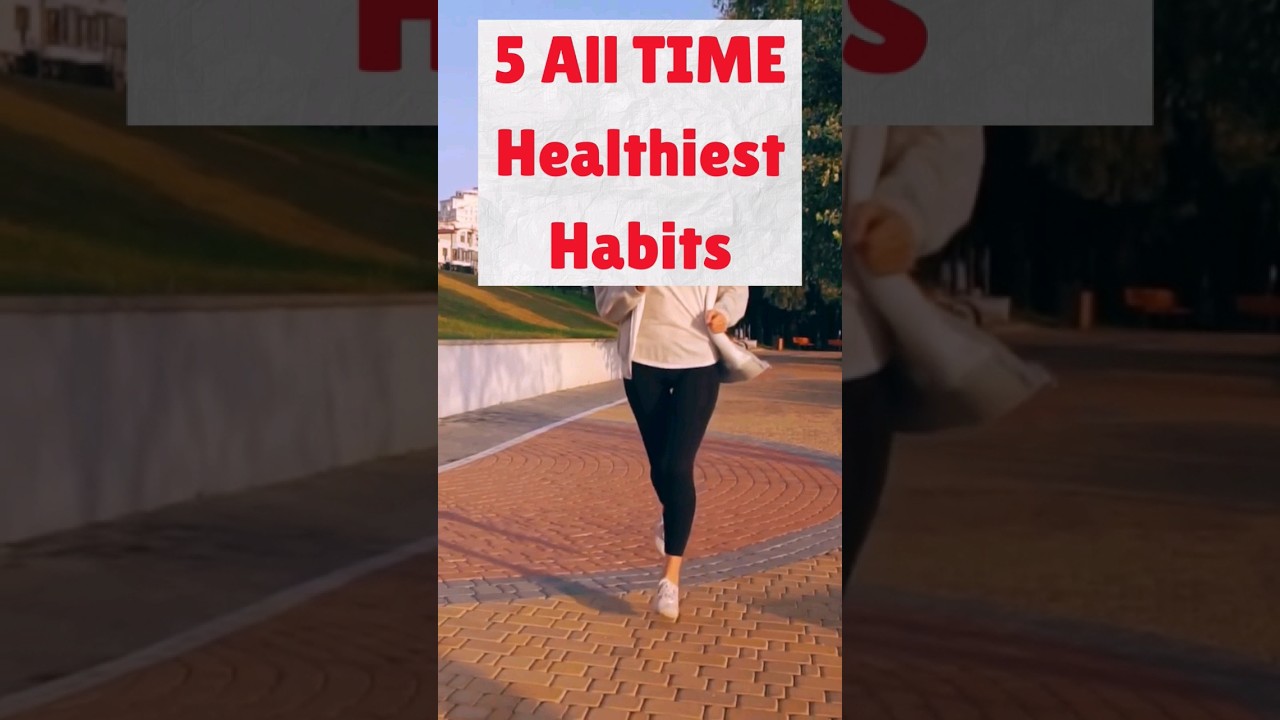More and more people are finding deficiency in Vitamin D is being reported back on their bloodwork. Our body actually makes vitamin D, but only after being exposed to necessary amounts of sunlight. Vitamin D awareness is important because of our bone and teeth health. This supplement’s primary role is the responsibility for absorbing calcium and phosphate. It has been reported that up to 40% of the U.S. population is lacking the proper amount in their body.
Deficiency in Vitamin D is linked to colon cancer, prostate cancer, breast cancer, depression, and weight gain. Recent studies have linked obesity to lower levels of vitamin D. This makes sense because vitamin D is a fat-soluble vitamin. This means it is stored in the liver and fatty tissue for future use. If it is not being used or absorbed properly, the liver is not able to perform all necessary functions with it. Further studies are being performed to address whether excess belly fat decreases vitamin D levels or whether vitamin D is just being stored and not used in people with larger waistlines.
For most people, although some individuals may have specific needs, 400-800 IU or 10-20 micrograms is recommended per day. Fish, specifically tuna, salmon, oysters, herring, shrimp, sardines, and mackerel are good food sources. Egg yolk and mushrooms also have vitamin D. Milk does a body good with vitamin D. Dairy products can be fortified with vitamin D, such as some types of milk, soy milk, and cheeses. Breakfast items like orange juice, oatmeal, and cereal, all have vitamin D. Cod liver oil is a popular supplement to take for D.
Symptoms of insufficient vitamin D funds include bone pain and muscle weakness. Other culprits include Chron’s disease, celiac disease, and cystic fibrosis, which all inhibit the digestive tract’s absorption ability. Healthy kidney functioning is also needed for vitamin D utilization.
Soaking up sunshine is the best way to get vitamin D. This is not always possible for all people and we know that sun exposure can be risky in excessive amounts. Sunscreen actually blocks vitamin D absorption. Diet alone makes getting enough hard. This is especially true for people following a vegan diet or that have milk allergies. A healthy lifestyle includes being proactive and getting your blood work in order to be aware of their body’s proper functioning and utilization of vitamins and minerals. When signs and symptoms occur, action must be taken not delayed. For those of us in sunny locations we can step outside all year round to meet that sunshine requirement. So go ahead and add Vitamin D as another reason to get up, get out, and move for your health.
Vitamin D deficiency: a worldwide problem with health consequences – PubMed (nih.gov)
Vitamin D: The “sunshine” vitamin – PMC (nih.gov)
Vitamin D: An Evidence-Based Review | American Board of Family Medicine (jabfm.org)



